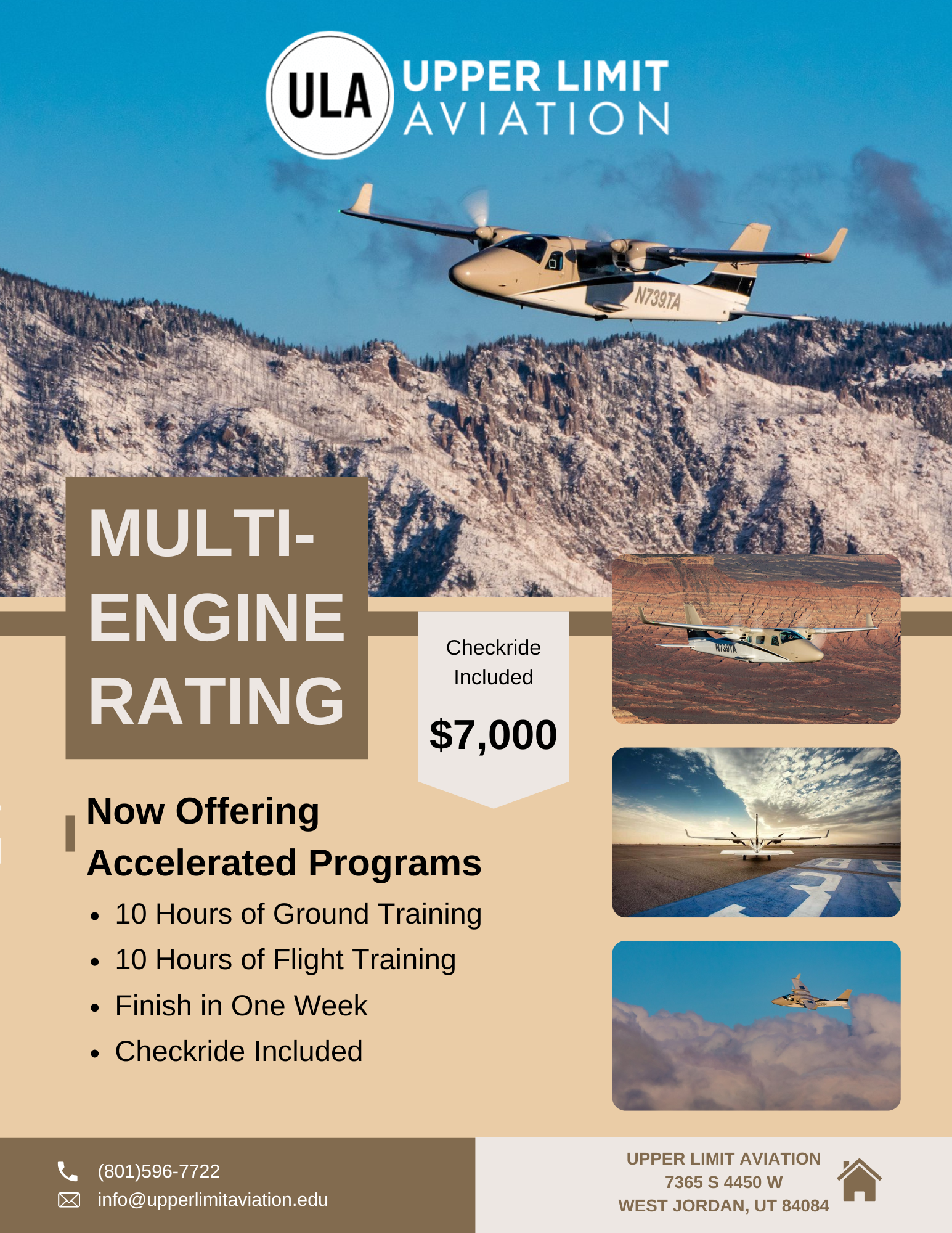Jennifer Payne
Pilots have been underpaid, leading to overworked and fatigued pilots, which creates a shortage of qualified applicants. Has aviation finally learned that low wages are hurting the industry? It first needs to be clarified that this is the starting commercial airline pilot salary for all pilots. At the beginning of every pilot’s career, they must start at the bottom, as with any other business. For pilots, this is the commuter airlines or regionals. When a pilot is hired on with one of the major airlines (Delta, American, Southwest etc), they are not considered “starting pilots,” and that is the next step in their careers.

Since 2001, the aviation industry has had a surplus of pilots and the economic downturn of 2008 did not help with the shrinking airlines. Add the economic downturn to the Federal Aviation Administration (FAA) increasing the retirement age of pilots from 60 years to 65 years of age, and this created a scenario that forced many pilots and those interested in becoming a pilot out of the industry.
Since the “65 rule” passed in 2007, there have been very marginal retirements at the top of the industry, stranding pilots in their current position. As of 2012, the seniority list has begun moving with the retirement of those pilots. This has allowed for the industry to begin moving forward again, giving a positive outlook for pilot’s future. Due to the shortage of pilots created from a stagnant 5 years, lower paying pilot positions have become harder and more costly to fill. Pilots feel that if they do not like their job, there are plenty of other opportunities out there.
With the shortage of applicants today, the aviation industry is finally starting to see honest requirements when looking for and hiring qualified pilots. According to Kit Darby, a retired pilot who consults on pilot hiring trends, regional airlines have increased pilot recruitment through offering signing bonuses of $5,000-to-$10,000. Although that has helped, sadly, the starting commercial airline pilot salary at the majority of regionals still remains low, often being anywhere from $16,000 to $25,000 (Carey & Nicas, 2014). Starting bonuses are a step in the right direction to helping the upward trend of pay for pilots, and recently SkyWest Airlines raised starting pay from $22 to $30/flight (“SkyWest Airlines Payscale”, n.d.)
With the increasing mandatory requirements, such as the 1,500 minimum hour rule, new fatigue and rest rules and lack of entry-level pilots, the industry needs to attract new talent now. With the rate of pilots retiring now and the lack of potential applicants due to high costs of schooling and previous years of low pay, it is becoming harder to fill the seats in the front of the plane. Now is a perfect time for becoming a pilot and joining the industry, due to the movement that is beginning to occur. Pilots entering the aviation industry today will possibly be paving the way for rapid movement up the totem pole to the major airlines, with better pay, experience, and benefits.
Get Started With Your Flight Training Today
You can get started today by filling out our online application. If you would like more information, you can call us at (844) 435-9338, or click here to start a live chat with us.
References:
Carey, S., Nicas, J. (2014, February 3). Airline-Pilot Shortage Arrives Ahead of Schedule. Wall Street Journal. Retrieved from http://www.wsj.com/articles/SB10001424052702304851104579361320202756500
N.A. (N.D.) SkyWest Airlines Payscale. Retrieved from http://www.skywest.com/skywest-airline-jobs/career-guides/flight-jobs/#/payscale

